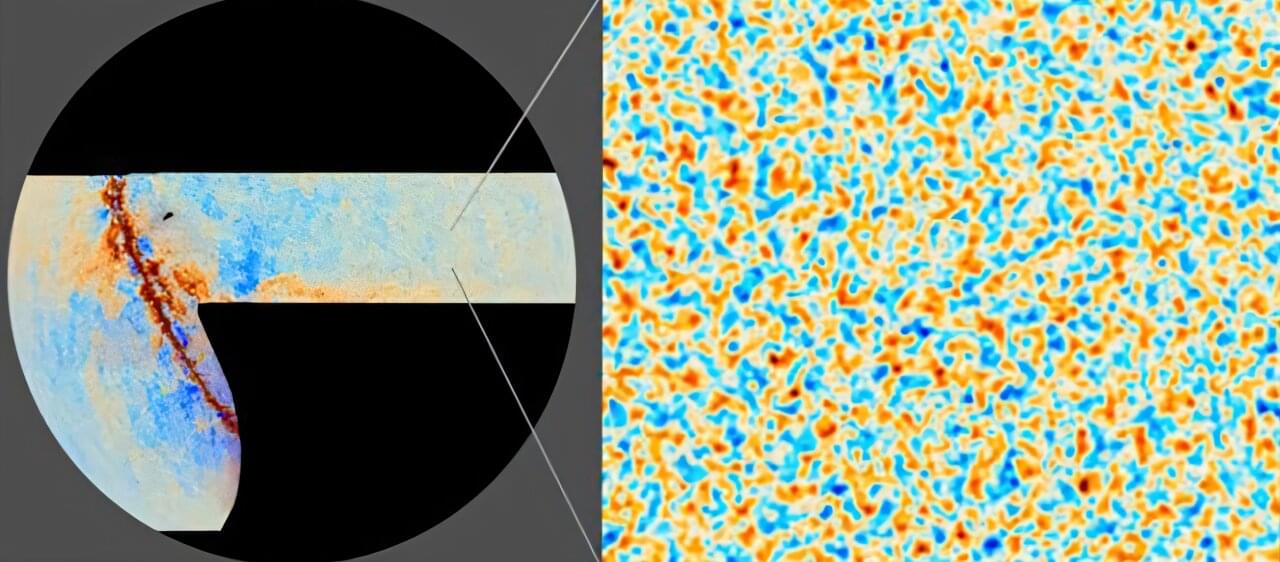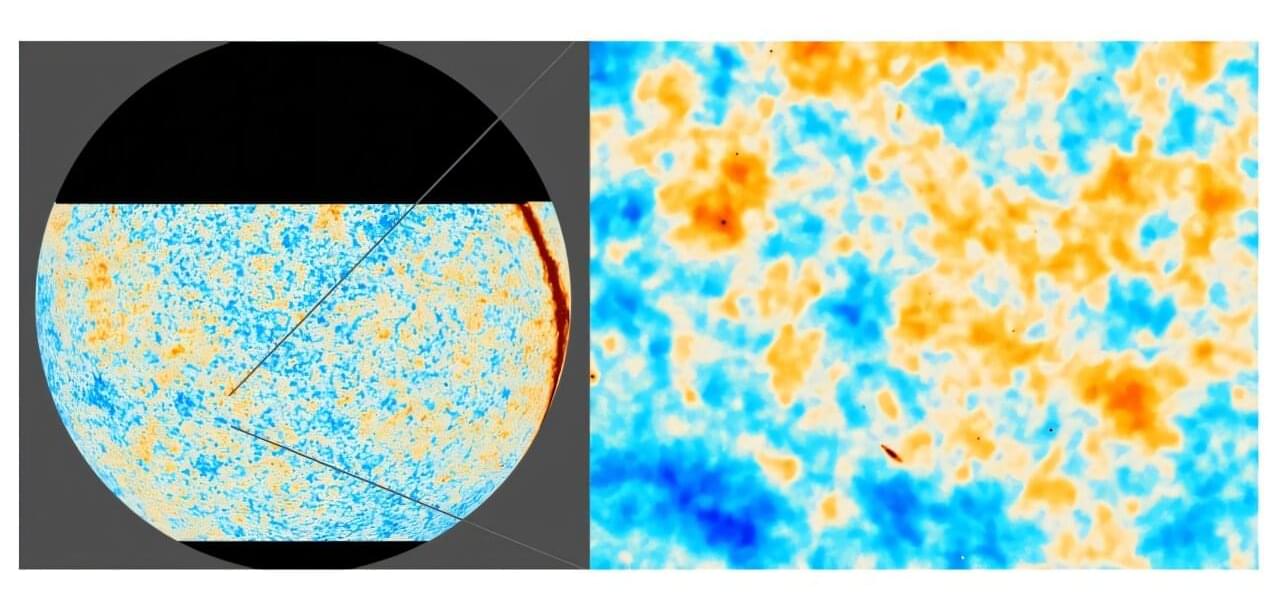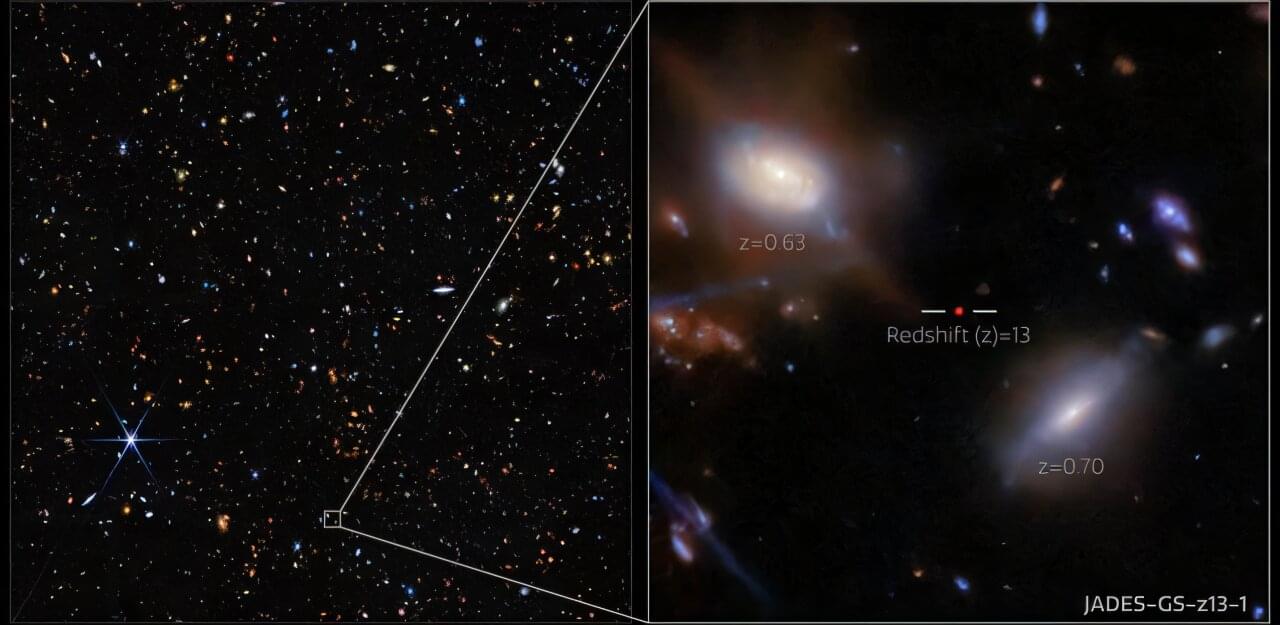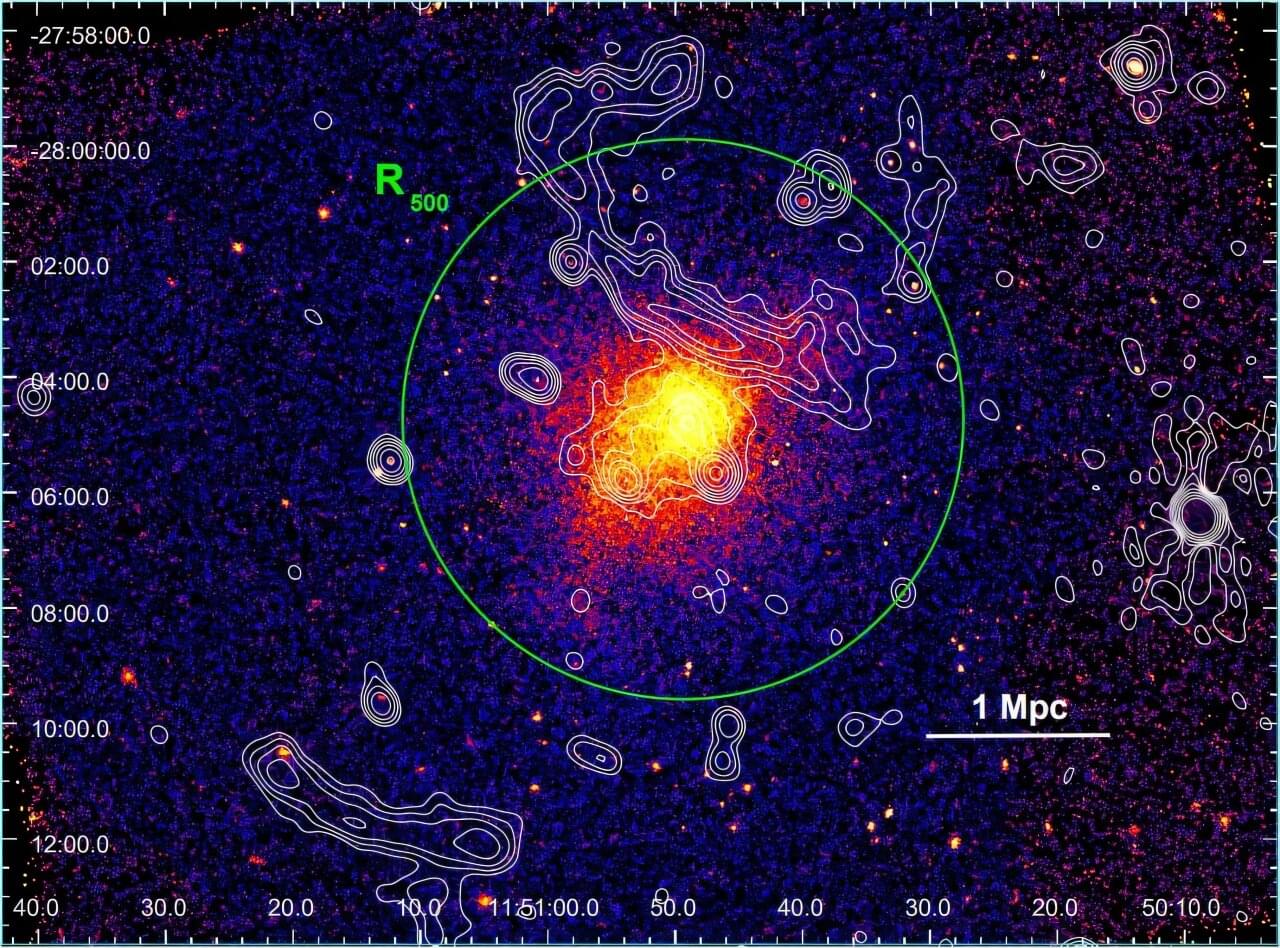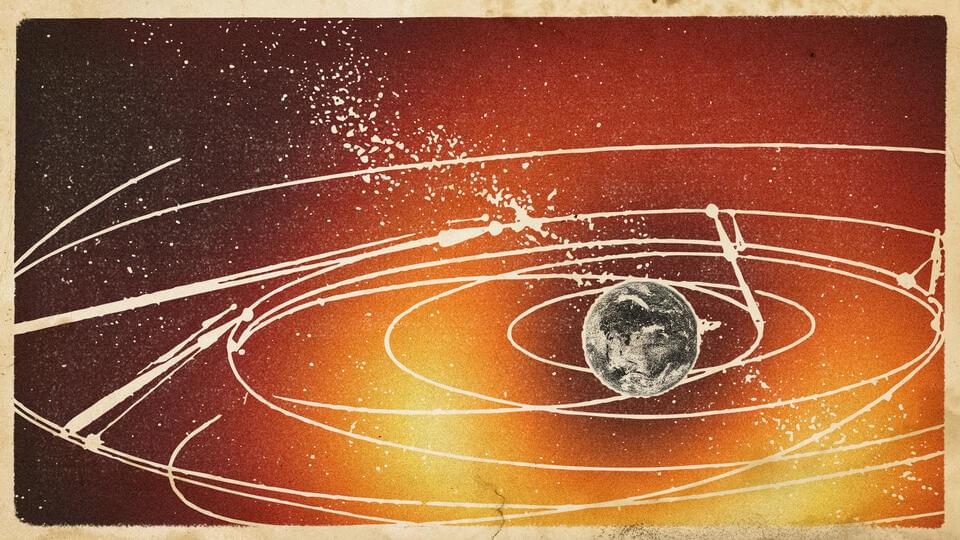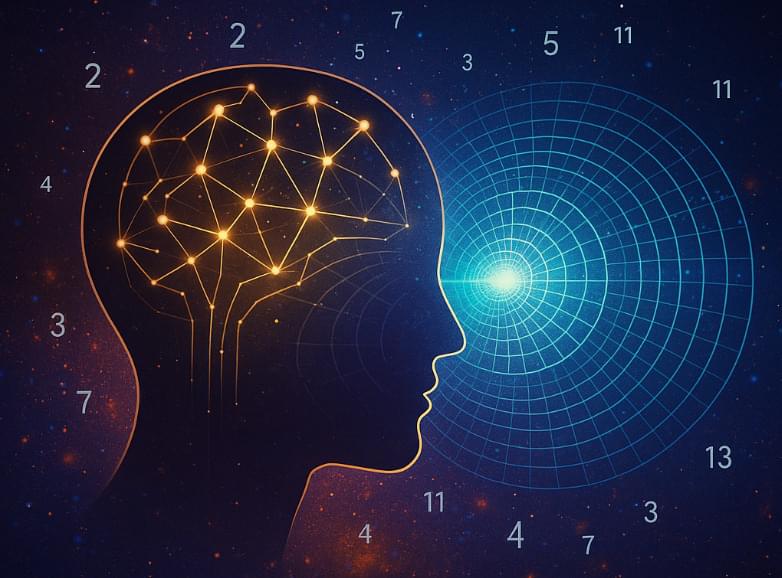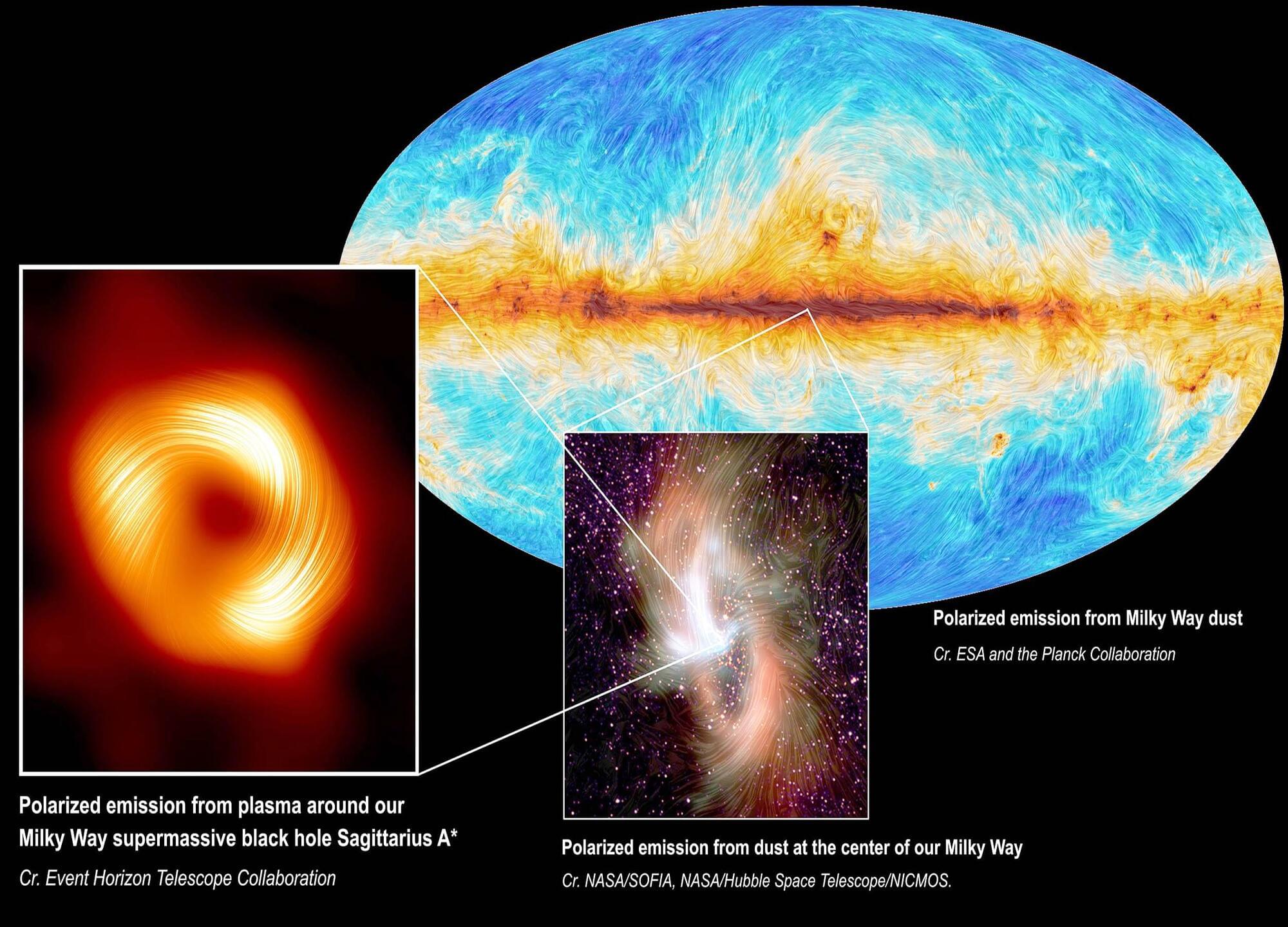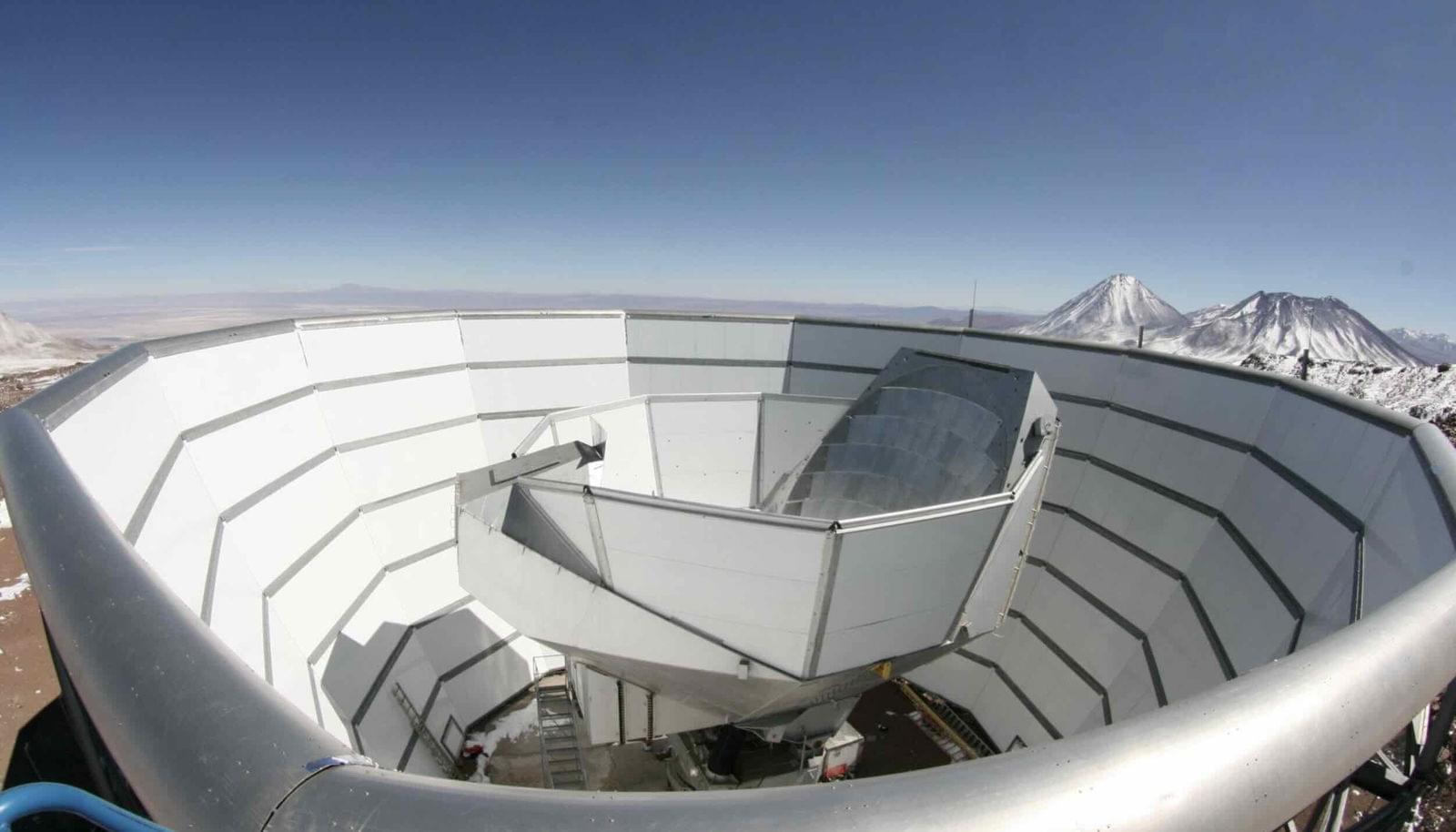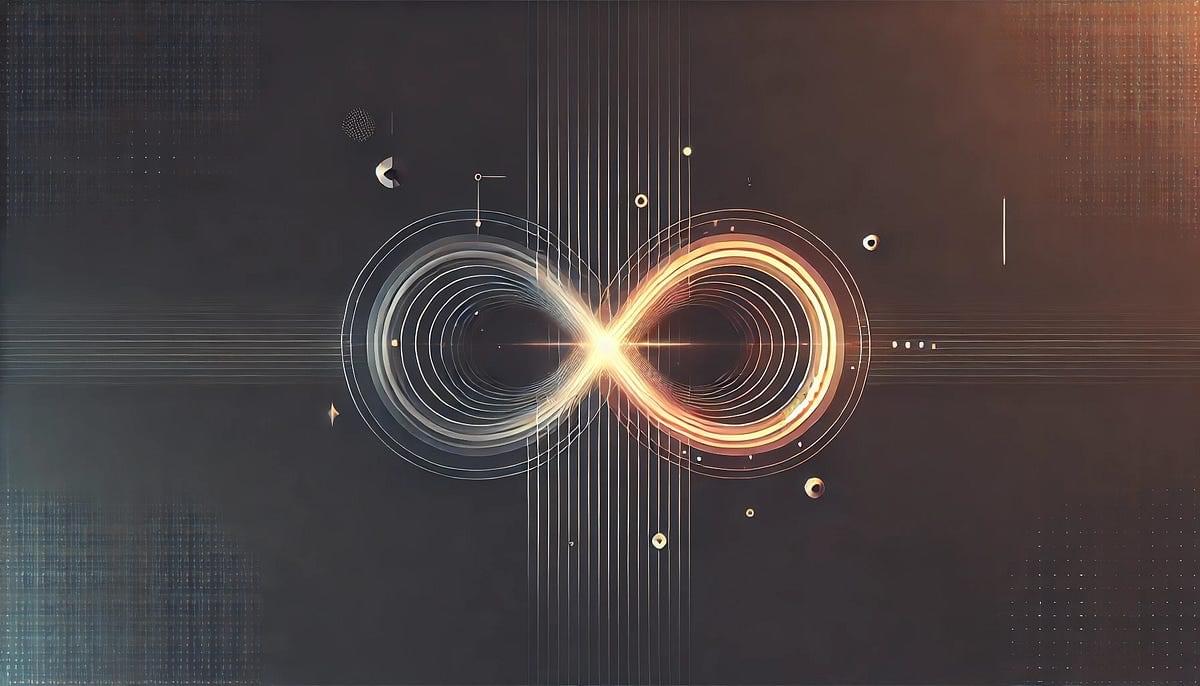One of the Holy Grails in cosmology is a look back at the earliest epochs of cosmic history. Unfortunately, the universe’s first few hundred thousand years are shrouded in an impenetrable fog. So far, nobody’s been able to see past it to the Big Bang. As it turns out, astronomers are chipping away at that cosmic fog by using data from the Atacama Cosmology Telescope (ACT) in Chile.
ACT measured light first emitted in the baby universe some 380,000 years after the Big Bang. According to the Consortium director Suzanne Staggs, that measurement opened the window to a time when the first cosmic structures were starting to assemble. “We are seeing the first steps towards making the earliest stars and galaxies,” she said. “And we’re not just seeing light and dark, we’re seeing the polarization of light in high resolution. That is a defining factor distinguishing ACT from Planck and other, earlier telescopes.”
The clearer data and images from ACT are also helping scientists understand just when and where the first galaxies began to form. If the ACT data are confirmed, they represent the earliest baby picture of the universe, showing scientists what the seeds of galaxies looked like only a few hundred thousand years after the Big Bang.
